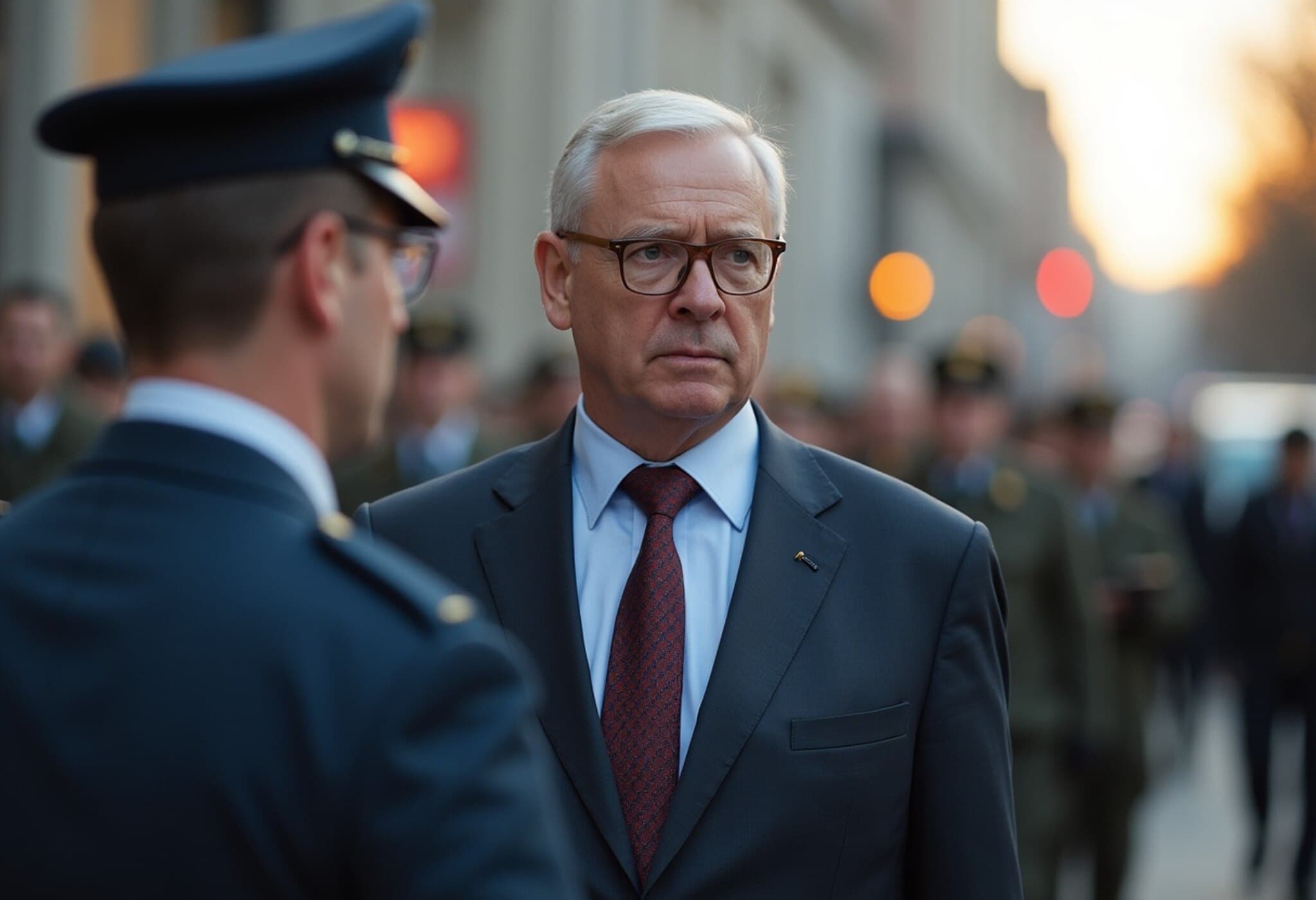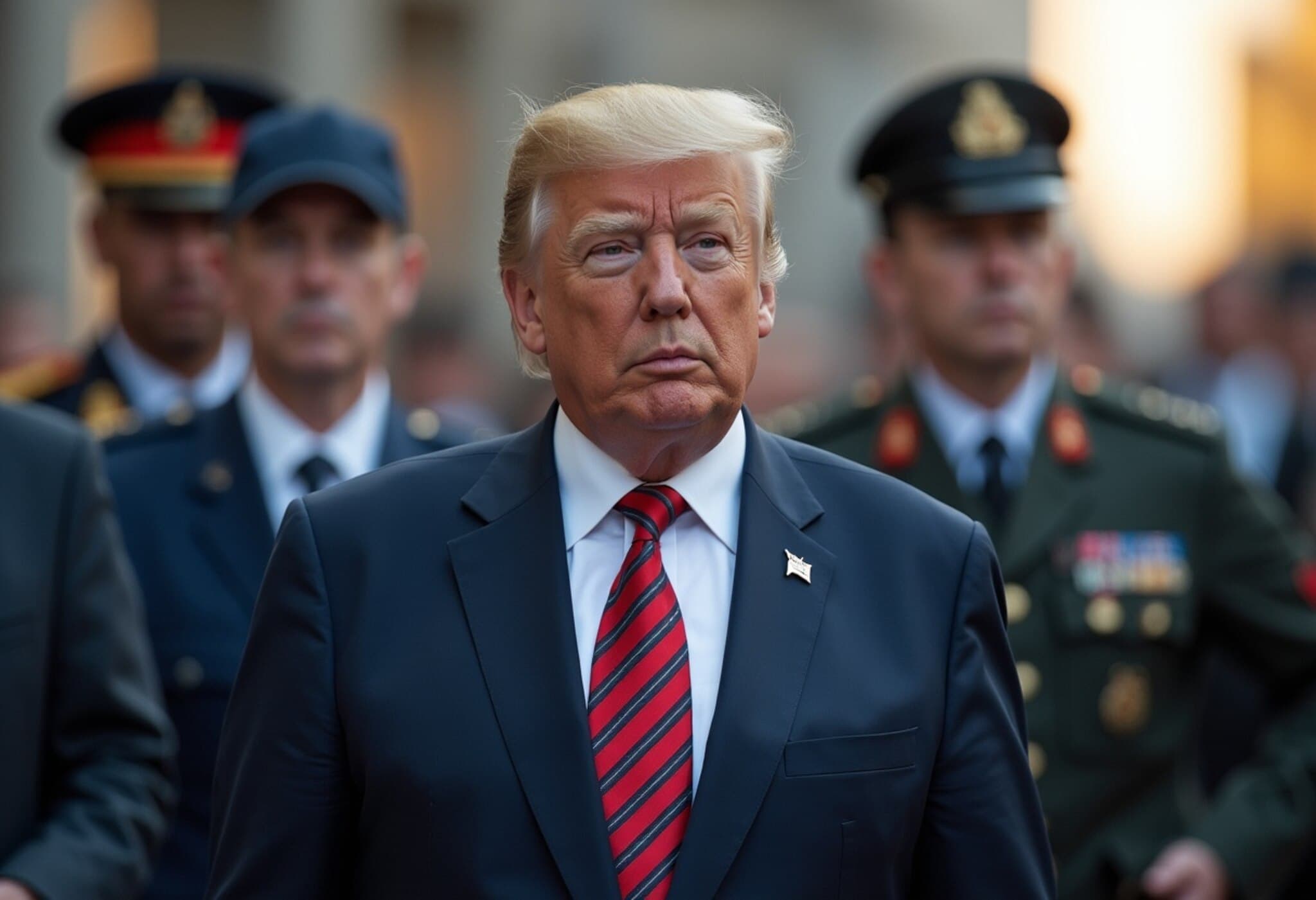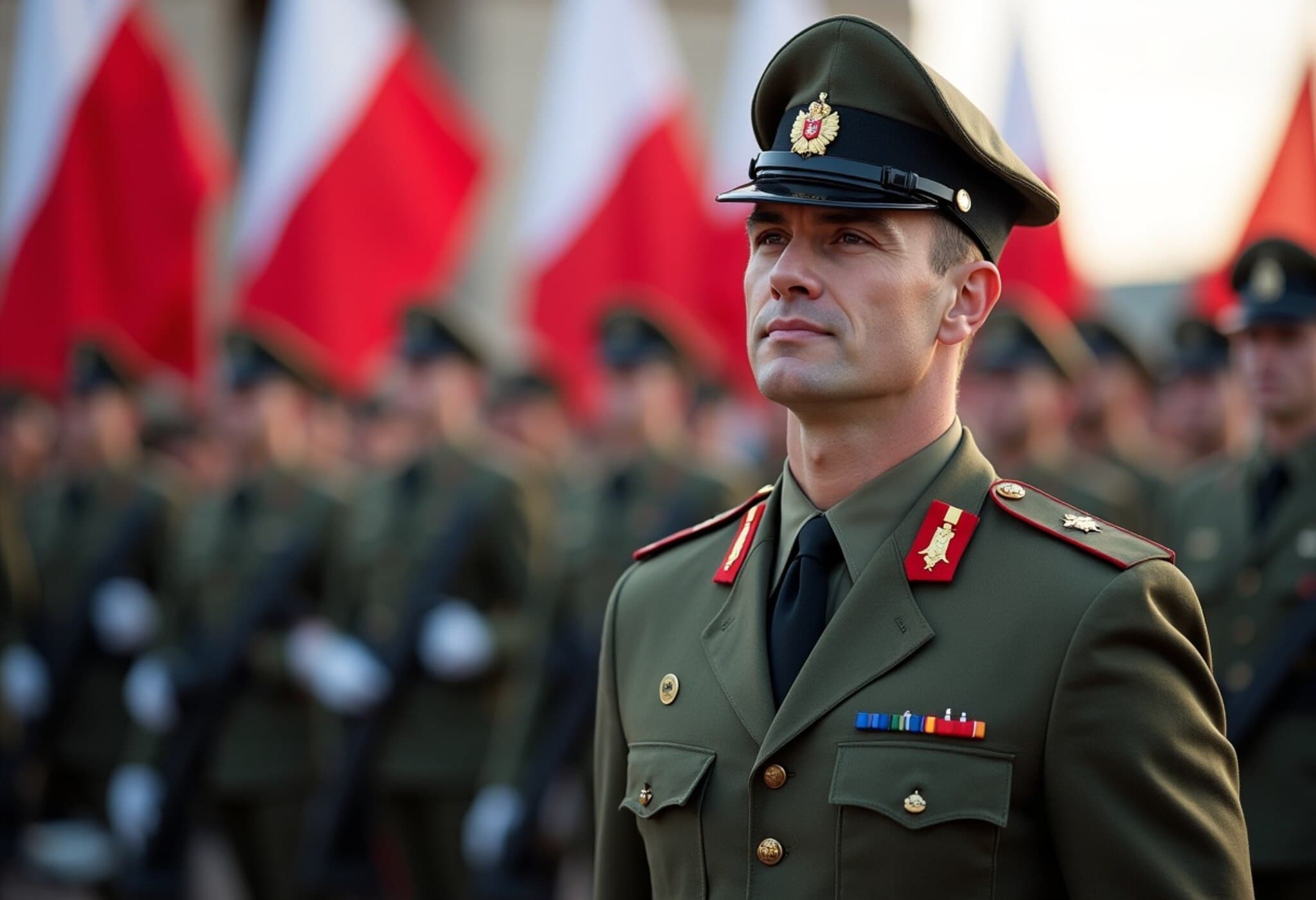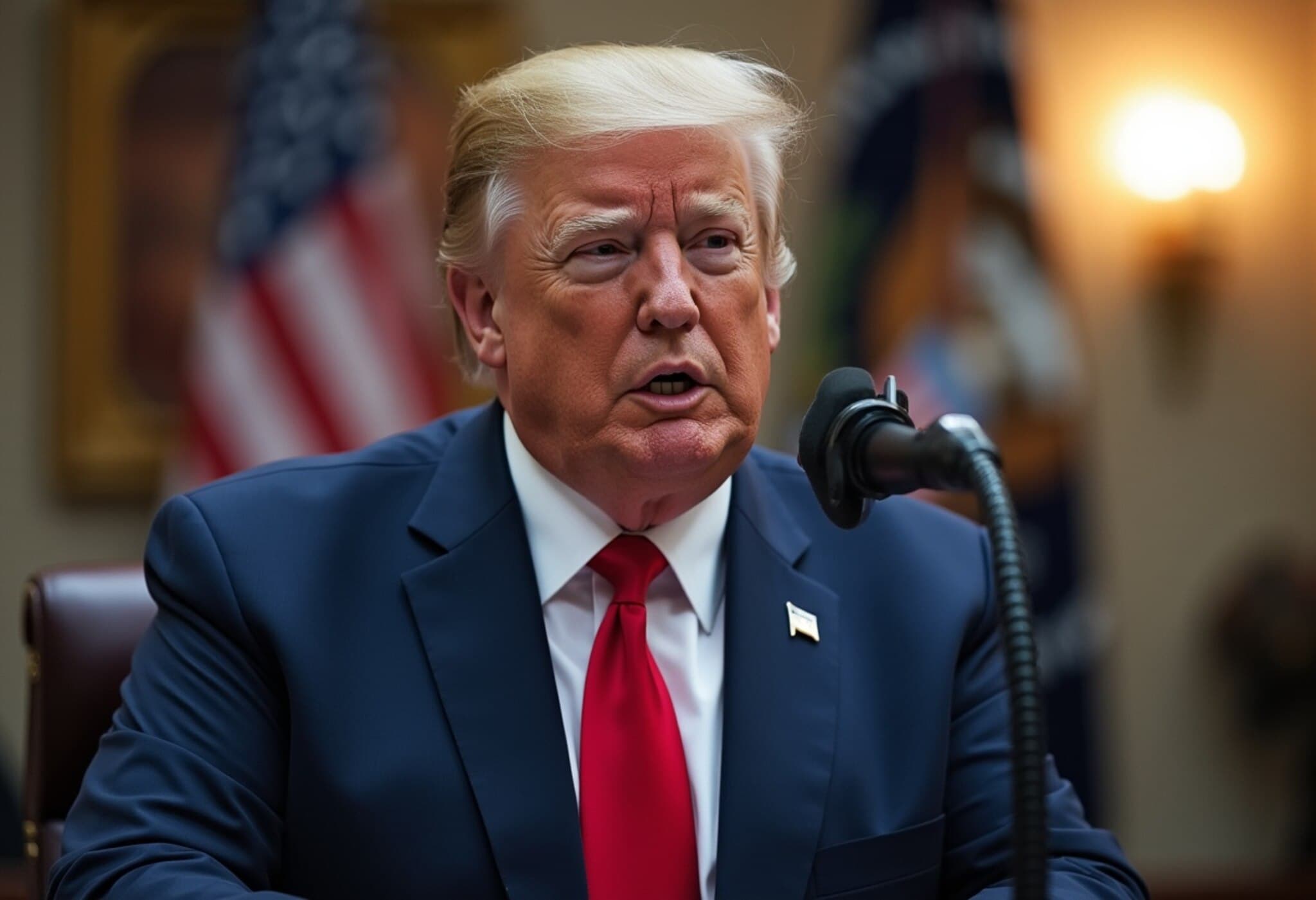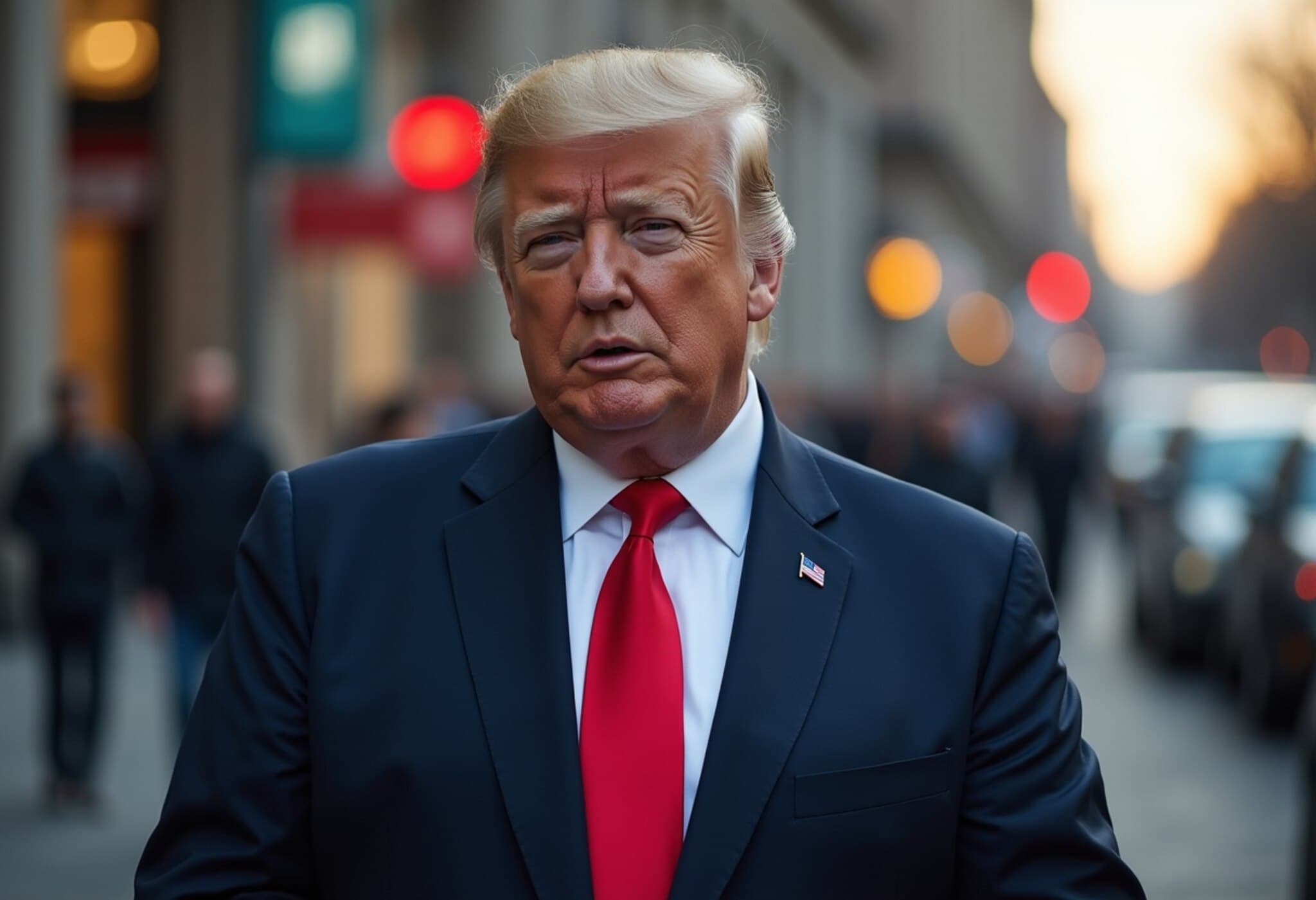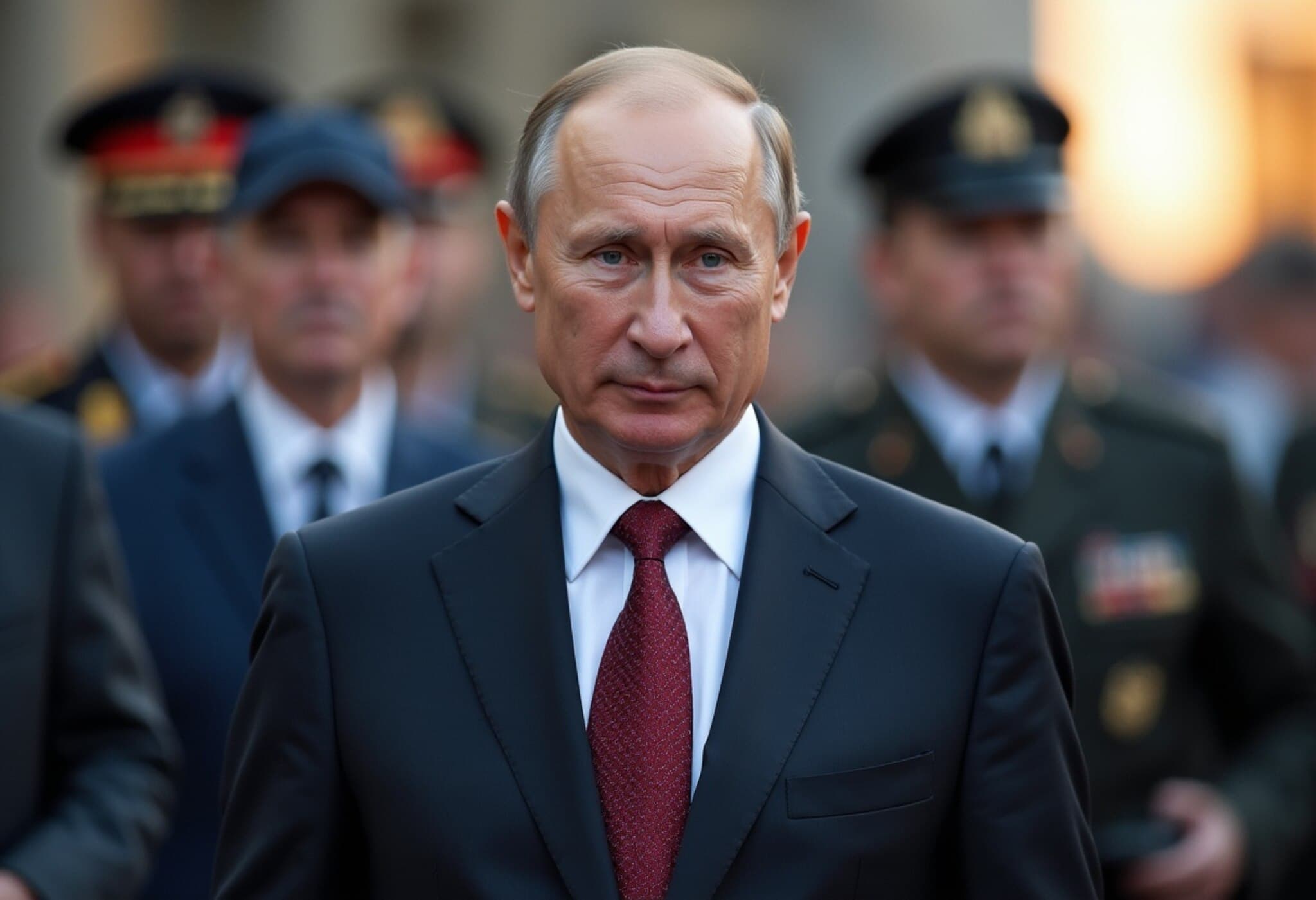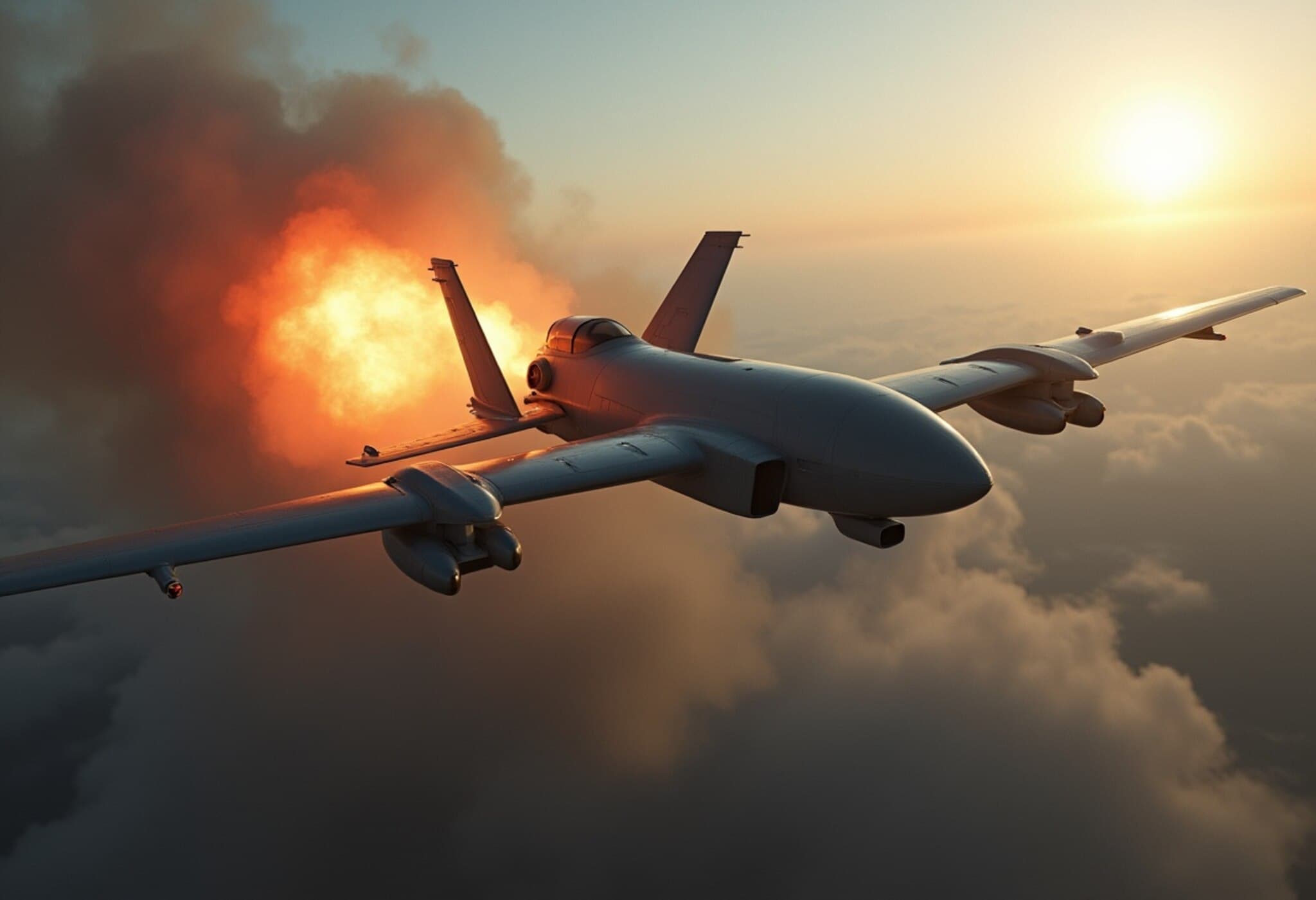Italy’s Innovative Security Plan for Ukraine Amid Rising Tensions
As the war in Ukraine continues to reshape European security dynamics, Italian Prime Minister Giorgia Meloni has put forward a groundbreaking proposal aimed at strengthening Ukraine’s defense without immediately granting NATO membership. This plan seeks to create a swift, coordinated response mechanism, where Kyiv’s allies can decide within 24 hours whether to provide military support if Russia mounts a new attack.
The Challenge of Ukraine’s NATO Membership
Ukraine’s path to full NATO accession remains complicated and politically sensitive among alliance members. Recognizing this hurdle, the Italian proposal offers a pragmatic alternative. Dubbed a “NATO-light” framework, it stops short of triggering Article 5 — NATO’s collective defense clause — but creates a structure for rapid consultation and coordinated action.
According to insiders familiar with the talks, the plan encourages countries that hold bilateral security agreements with Ukraine to consult within a strict 24-hour timeframe, fast-tracking decisions about military assistance. This approach could significantly enhance deterrence without the prolonged NATO accession process, which experts warn could escalate tensions with Russia further.
Comprehensive Support Beyond Military Aid
Meloni’s proposal goes beyond just military commitments. It includes commitments to:
- Deliver sustained military and defense support to enhance Ukraine’s capabilities,
- Provide robust economic aid to help stabilize Ukraine’s infrastructure and economy amid war,
- Maintain aggressive sanctions on Russia to pressure the Kremlin towards de-escalation and peace talks.
Italy’s Defense Minister, Guido Crosetto, emphasized the need for a strong deterrence mechanism, stating to La Repubblica that "NATO, as a defensive alliance, must ensure the protection of foreign countries like Ukraine, whether collectively or through bilateral commitments. The best mechanism will ultimately be chosen, but NATO’s involvement guarantees superior deterrence."
Diplomatic Complexities: Russia’s Role in Security Talks
On the diplomatic front, Russia insists it must be included in any security guarantees discussions concerning Ukraine, casting doubt over prospects for a swift peace summit. Russian Foreign Minister Sergei Lavrov dismissed talks excluding Moscow as a “utopia,” highlighting how mutual distrust complicates conflict resolution efforts.
Meanwhile, NATO military chiefs recently held virtual discussions focusing on Ukraine’s security architecture. Admiral Giuseppe Cavo Dragone, chair of NATO’s military committee, reaffirmed the alliance’s steadfast support for Ukraine, tweeting: "On #Ukraine, we confirmed our support. Priority continues to be a just, credible and durable peace."
Why This Matters: The Broader Implications for Global Security
Meloni’s proposal reflects a pivotal moment in European geopolitics, attempting to balance:
- The urgent need to protect Ukraine against Russian aggression,
- The political realities limiting full NATO expansion, and
- The desire to avoid further escalation into a direct NATO-Russia conflict.
This nuanced approach could serve as a blueprint for other regions grappling with security dilemmas where alliance-building is fraught with geopolitical roadblocks.
Expert Insight: Navigating Between Deterrence and Diplomacy
From a U.S. perspective, as NATO allies deliberate strategies, there’s heightened awareness about the balance between deterrence and avoiding unintended escalation. The 24-hour decision proposal offers a framework that may streamline support, but implementation demands trust and seamless communication among allies.
Policy analysts warn that any “NATO-light” mechanisms need solid guarantees to avoid ambiguity that Russia could exploit. Moreover, integrating economic aid and sanctions as pillars of this plan underscores how hybrid warfare — combining military, economic, and diplomatic tools — is shaping modern conflict resolution.
Editor’s Note
Prime Minister Meloni’s plan attempts an ambitious middle ground amid a complex conflict. It raises important questions about the future of collective defense in an era where traditional alliances face unprecedented challenges. Will this innovative approach become a new model for coalition-based security? How will Russia react to this evolving framework, and what does it mean for Ukraine’s sovereignty and peace prospects? Readers should watch closely how this plan shapes the unfolding geopolitical chessboard in Eastern Europe.


